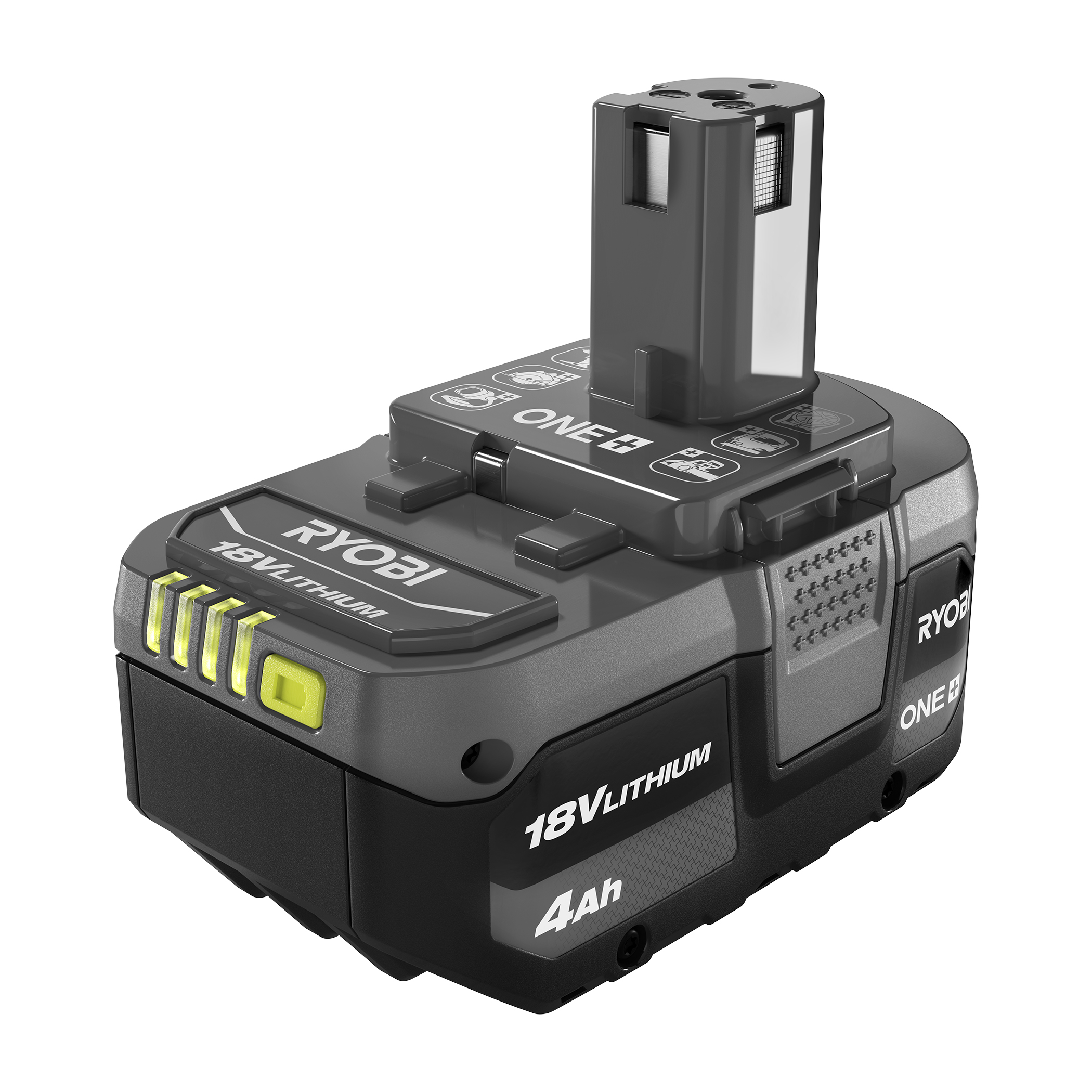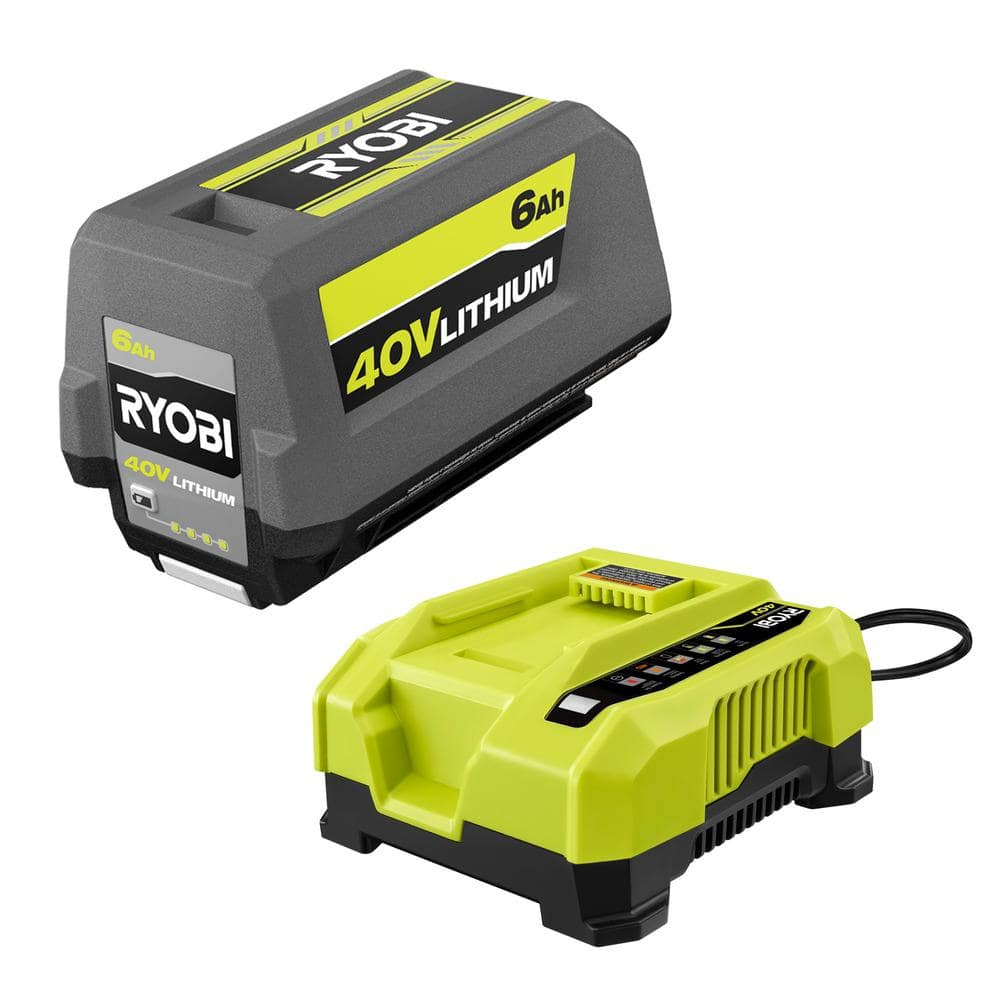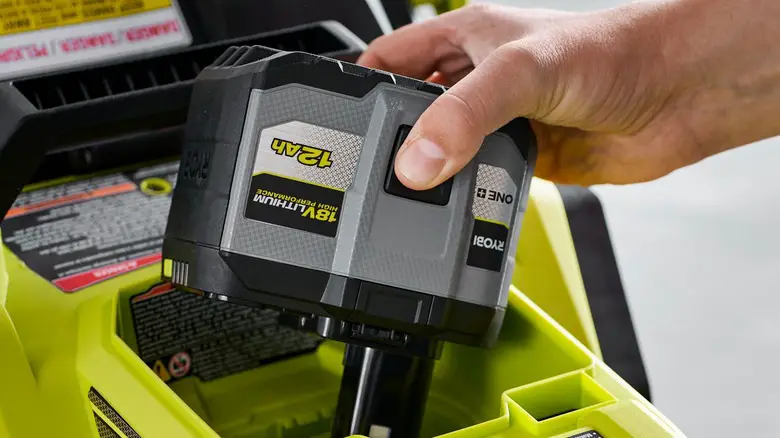Ryobi batteries typically last for 2-3 years with regular use, but this can vary depending on usage and charging habits. Whether you’re a professional tradesperson or a DIY enthusiast, the longevity of your Ryobi batteries is an important factor to consider when investing in power tools.
Understanding the factors that influence battery lifespan and knowing how to maximize their performance can help you get the most out of your tools.
In this blog, we’ll explore the key factors that affect the lifespan of Ryobi batteries, tips for prolonging their durability, and how to recognize when it’s time to replace them.
By the end, you’ll have a comprehensive understanding of Ryobi battery longevity and how to optimize their use for your specific needs.
Contents
- Introduction To Ryobi Batteries
- Key Factors Affecting Battery Lifespan
- Typical Lifespan Of Ryobi Batteries
- Extending Your Ryobi Battery’s Life
- Signs Of Battery Deterioration
- Comparing Ryobi To Other Brands
- Recycling And Disposal Of Ryobi Batteries
- Future Of Battery Technology In Ryobi Products
- Frequently Asked Questions
- Conclusion
Introduction To Ryobi Batteries
Brand Legacy
Ryobi is a trusted brand known for its quality tools and innovative solutions.
Battery Technology
Ryobi batteries are engineered with cutting-edge technology for optimal performance.

Key Factors Affecting Battery Lifespan
Ryobi batteries are known for their durability and longevity. However, the lifespan of any battery depends on several factors. To get the most out of your Ryobi batteries, it is important to understand these factors and how they affect battery lifespan. Let’s take a closer look at the key factors affecting battery lifespan.
Charge Cycles
The number of charge cycles a battery can withstand is a crucial factor that determines its lifespan. A charge cycle is the process of charging a battery from empty to full and then discharging it back to empty.
Over time, the number of charge cycles a battery can handle will decrease, which will eventually lead to the battery’s failure.
The number of charge cycles that a Ryobi battery can handle depends on the type of battery and its capacity. Ryobi batteries can handle anywhere from 300 to 2000 charge cycles, depending on the model and capacity.
Usage Patterns
The way you use your Ryobi battery also affects its lifespan. If you frequently use your battery for long periods, it will wear out faster. On the other hand, if you use your battery sporadically and for short periods, it will last longer.
It is also important to note that using your battery in extreme temperatures, either too hot or too cold, can also affect its lifespan. Therefore, it is essential to use your Ryobi battery in moderate temperatures and avoid exposing it to extreme temperatures.
Storage Conditions
How you store your Ryobi battery is just as important as how you use it. If you store your battery in a hot or humid environment, it can lead to its premature failure. Similarly, storing your battery in a cold environment can also affect its lifespan.
Therefore, it is crucial to store your Ryobi battery in a dry, cool, and well-ventilated place. It is also recommended to store your battery at around 50% charge, as storing it fully charged or completely discharged can also affect its lifespan.
By understanding these key factors affecting battery lifespan, you can get the most out of your Ryobi batteries. By taking care of your batteries, you can ensure that they last longer and perform better, saving you both time and money in the long run.
Typical Lifespan Of Ryobi Batteries
The typical lifespan of Ryobi batteries is an important factor to consider when evaluating their value and performance. Understanding how long these batteries are designed to last can help users make informed decisions about their purchase and usage.
In this article, we will explore the manufacturer’s claims regarding the longevity of Ryobi batteries and delve into real-world experiences to provide a comprehensive overview of their typical lifespan.
Manufacturer’s Claims
Ryobi, a well-known brand in the power tool industry, claims that their batteries are designed to provide a long-lasting and reliable power source for their range of cordless tools.
The manufacturer states that their batteries are engineered to deliver consistent performance over an extended period, offering durability and efficiency. They emphasize the use of high-quality materials and advanced technology to ensure that their batteries meet the demands of professional and DIY users alike.
Real-world Experiences
While the manufacturer’s claims are promising, real-world experiences provide valuable insights into the actual lifespan of Ryobi batteries. Many users have reported satisfactory performance and longevity, with the batteries retaining their capacity and effectiveness even after prolonged use.
However, some users have encountered issues with diminished battery life over time, indicating that individual experiences may vary based on usage patterns and environmental factors. It is essential for users to follow recommended charging and storage practices to maximize the lifespan of their Ryobi batteries.
Extending Your Ryobi Battery’s Life
Proper Charging Practices
1. Charge Regularly: Keep your Ryobi batteries charged to maintain their health and longevity.
2. Avoid Overcharging: Overcharging can reduce the lifespan of the battery. Remove the battery from the charger once it’s fully charged.
3. Use Compatible Chargers: Ensure you use Ryobi-approved chargers to avoid any damage to the batteries.
Optimal Storage Tips
1. Cool, Dry Environment: Store your Ryobi batteries in a cool, dry place away from direct sunlight and extreme temperatures.
2. Partial Discharge: Avoid fully discharging the battery before storage. Instead, store them with a partial charge to prevent deep discharge.
3. Ideal Temperature: Aim to store the batteries at around 68°F (20°C) to prolong their lifespan.
Maintenance And Care
1. Clean Terminals: Regularly inspect and clean the battery terminals to ensure a good connection.
2. Avoid Deep Discharge: Minimize deep discharges to prevent strain on the battery and maximize its overall lifespan.
3. Keep Contacts Clean: Ensure the contacts on both the battery and the tool are kept clean to maintain optimal performance.
Signs Of Battery Deterioration
Reduced Capacity
When your Ryobi battery starts to exhibit reduced capacity, it indicates that the battery is deteriorating. You may notice that it doesn’t hold a charge as long as it used to. This reduced capacity can impact the performance of your tools, leading to decreased productivity.
Longer Charging Times
If you find that your Ryobi battery is taking longer to charge than it did when it was new, it’s a clear sign of deterioration. Extended charging times can be frustrating, as it means longer periods of downtime while waiting for the battery to be ready for use.
Physical Swelling
Physical swelling of the battery pack is a concerning sign that the battery is deteriorating. It could be an indication of internal damage and should not be ignored. Swelling can also affect the fit of the battery in your tools, potentially causing operational issues.
Comparing Ryobi To Other Brands
When it comes to power tool batteries, the performance and lifespan are crucial factors to consider. Understanding how Ryobi batteries stack up against other brands can help you make an informed decision. Let’s delve into comparing Ryobi to other brands in terms of performance metrics and cost versus lifespan.
Performance Metrics
Ryobi batteries are known for their impressive performance metrics, including long-lasting power and quick charging capabilities. When compared to other brands, Ryobi consistently delivers reliable performance, making it a popular choice among DIY enthusiasts and professionals alike.
Cost Vs. Lifespan
When evaluating the cost versus lifespan of Ryobi batteries in comparison to other brands, it’s essential to consider the long-term value they provide. While the initial cost of Ryobi batteries may be competitive, their extended lifespan and durability make them a cost-effective investment over time.
Recycling And Disposal Of Ryobi Batteries
Ryobi batteries typically last for 2-3 years with regular use. Proper recycling and disposal of Ryobi batteries are crucial to minimize environmental impact and ensure safe handling of potentially hazardous materials. Be sure to check local guidelines for responsible battery disposal options.
Environmental Responsibility
As an environmentally responsible company, Ryobi takes great care in ensuring that its batteries are safely recycled or disposed of. The company recognizes the importance of sustainability and has implemented several initiatives to reduce its carbon footprint.
Safe Disposal Methods
To ensure the safe disposal of Ryobi batteries, the company recommends that customers recycle their old batteries at their nearest recycling center. Ryobi batteries are made with recyclable materials, which makes them an ideal candidate for recycling.
Disposing Of Damaged Batteries
If a Ryobi battery is damaged or no longer working, it should not be disposed of in the trash. Instead, customers should contact their local recycling center or hazardous waste facility for proper disposal.
Battery Recycling Programs
Ryobi also participates in several battery recycling programs to help customers dispose of their batteries safely. Customers can visit their website to find a recycling center near them or to learn more about battery recycling programs.
Recycling or disposing of Ryobi batteries is essential for the environment, and customers should take advantage of the various programs and initiatives offered by the company. By practicing safe disposal methods, customers can reduce their carbon footprint and contribute to a healthier planet.
Future Of Battery Technology In Ryobi Products
Innovations On The Horizon
Ryobi is continuously working on enhancing battery technology for their products.
New innovations focus on improving efficiency and extending battery lifespan.
Impact On Longevity
Advancements in battery technology directly affect the longevity of Ryobi batteries.
Better batteries mean longer usage time and increased durability for users.

Frequently Asked Questions
How Many Years Should A Ryobi Battery Last?
A Ryobi battery should last around 3-5 years with proper care and usage. Regular maintenance can extend its lifespan.
Are Ryobi Batteries Guaranteed For Life?
No, Ryobi batteries are not guaranteed for life. The warranty period varies depending on the product.
Can You Leave A Ryobi Battery On The Charger All The Time?
Yes, it is safe to leave a Ryobi battery on the charger all the time. Ryobi chargers are designed to keep the battery in good condition.
How Long Does Ryobi 40v 4ah Battery Last?
The Ryobi 40v 4ah battery lasts approximately 30-40 minutes on a single charge, depending on usage.
Conclusion
To sum up, the longevity of Ryobi batteries varies based on usage and care. Regular maintenance can extend their lifespan. Understanding the factors affecting battery life is crucial for optimal performance.
Remember to follow manufacturer guidelines for charging and storage to maximize battery longevity. With proper care, Ryobi batteries can last for years.

